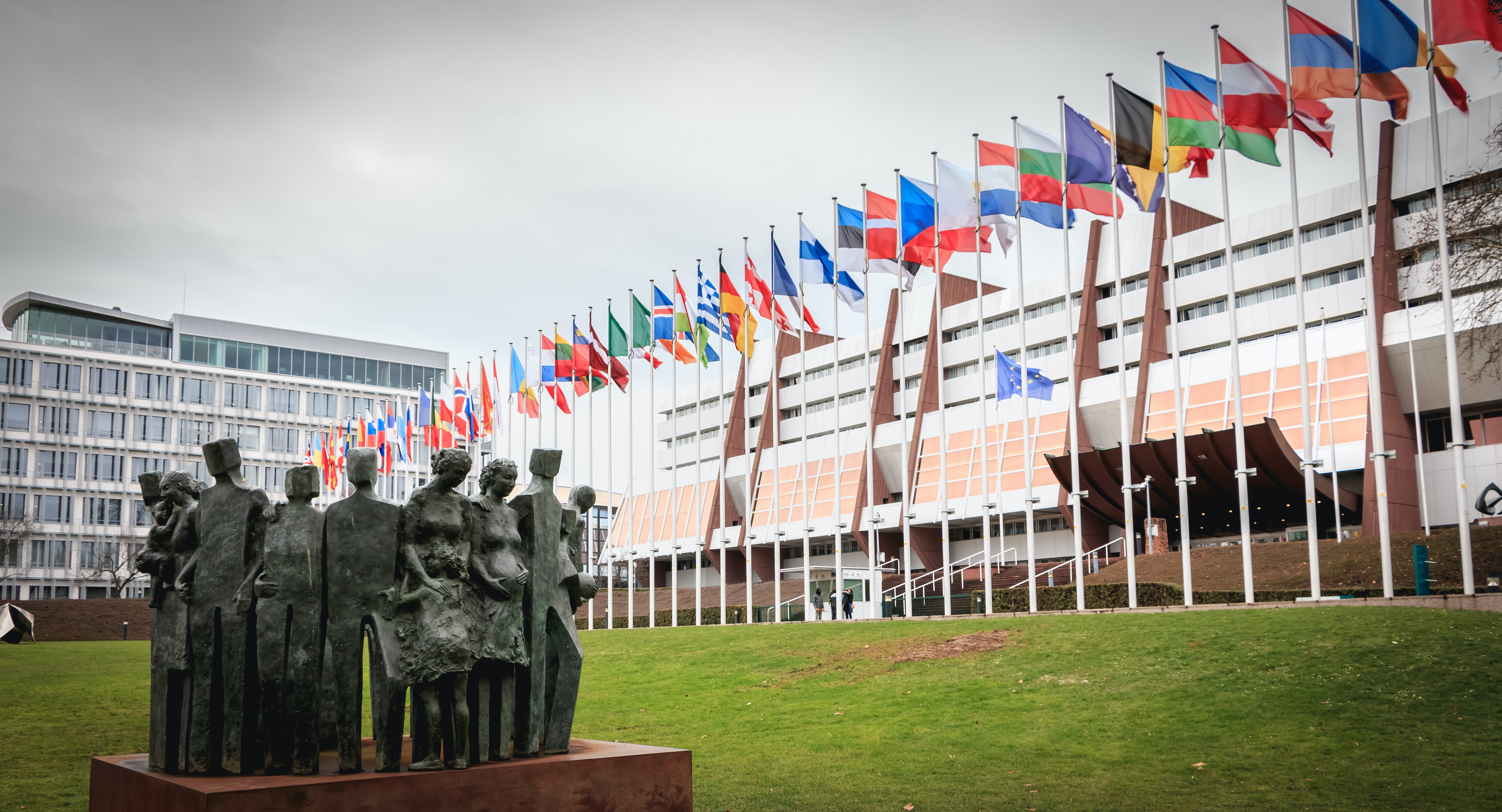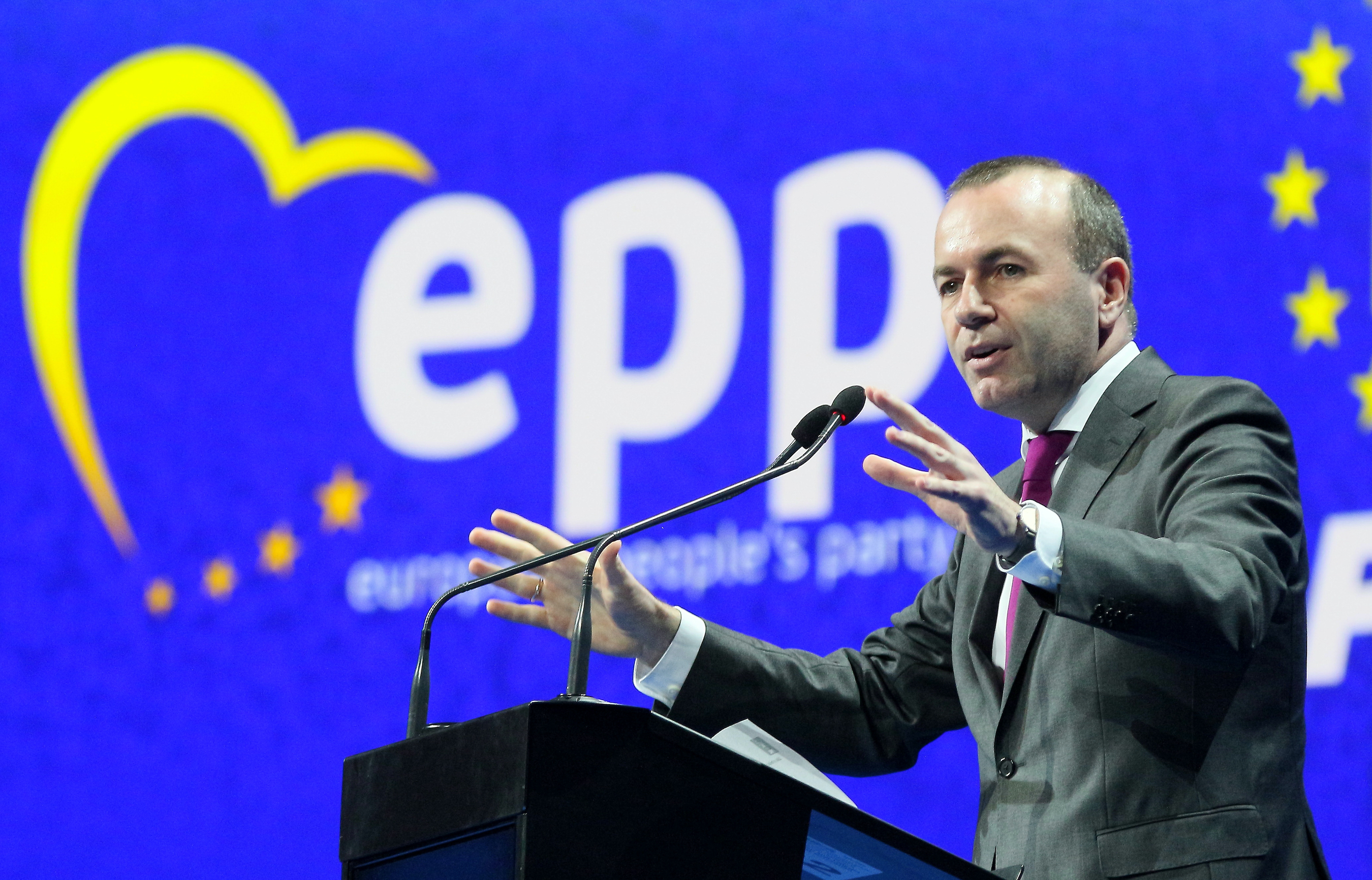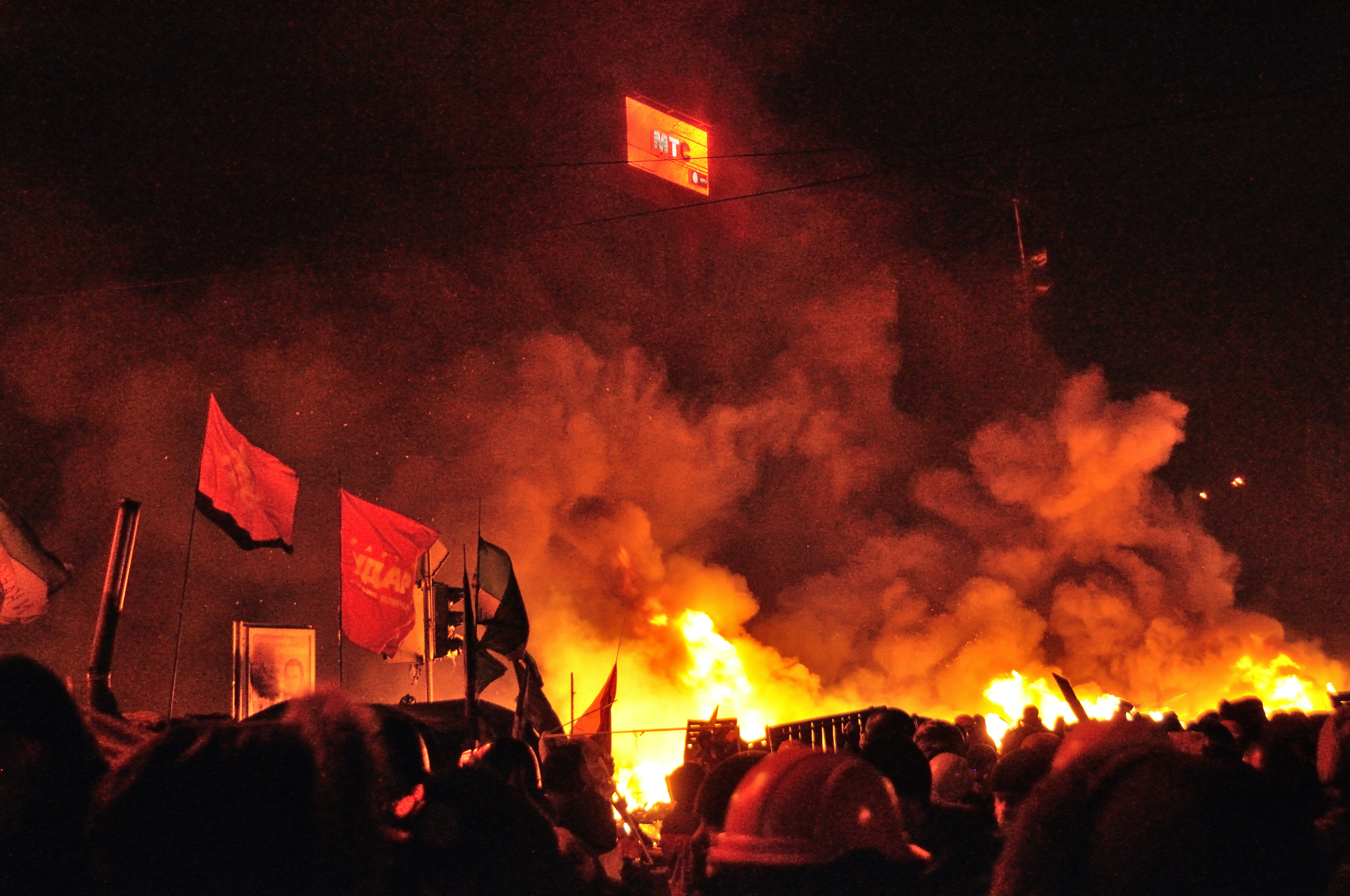Jean Monnet, the great founding father of what has become the European Union, said once near the end of his life, ‘You can have a dictatorship somewhere in Europe, but not in the European Union. You have to be a democracy to be in the European Union.’ The problem we have in practical terms is that the Europe of money and the Europe of values were divorced right back at the very beginning of this story, in the late 1940s and 1950s.
The Europe of values became the Council of Europe, the European Court of Human Rights in Strasbourg and, to some extent, what’s called the OSCE, the Organization for Security and Co-operation in Europe. All the stuff about human rights, rule of law, election monitoring and independent media is in that Europe. The European Union was originally the European Economic Community and it has remained, at its core, an economic community. We’ve tried to retrofit the values of democracy, the rule of law and human rights to the economic community.


